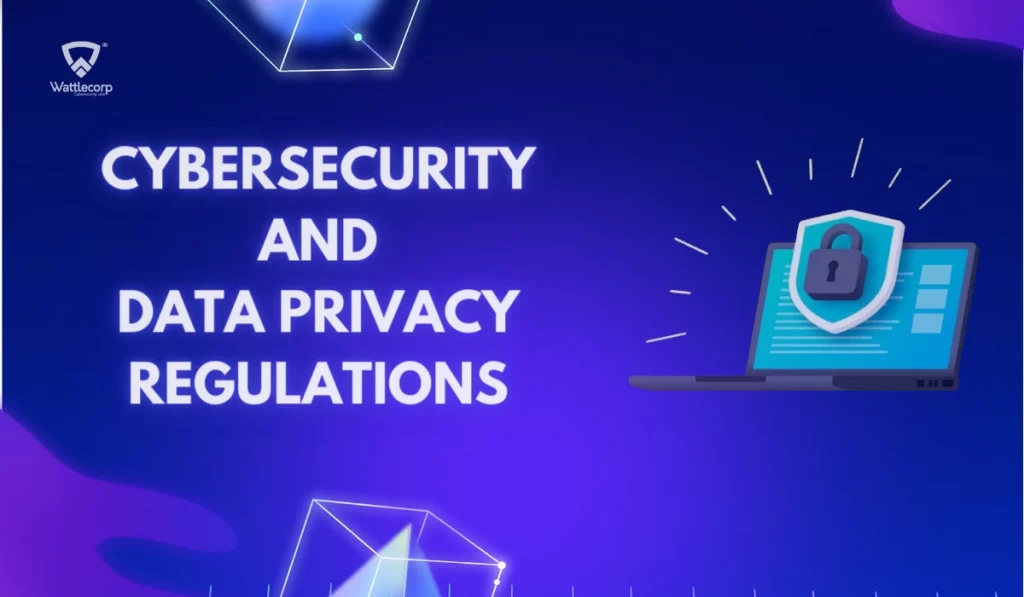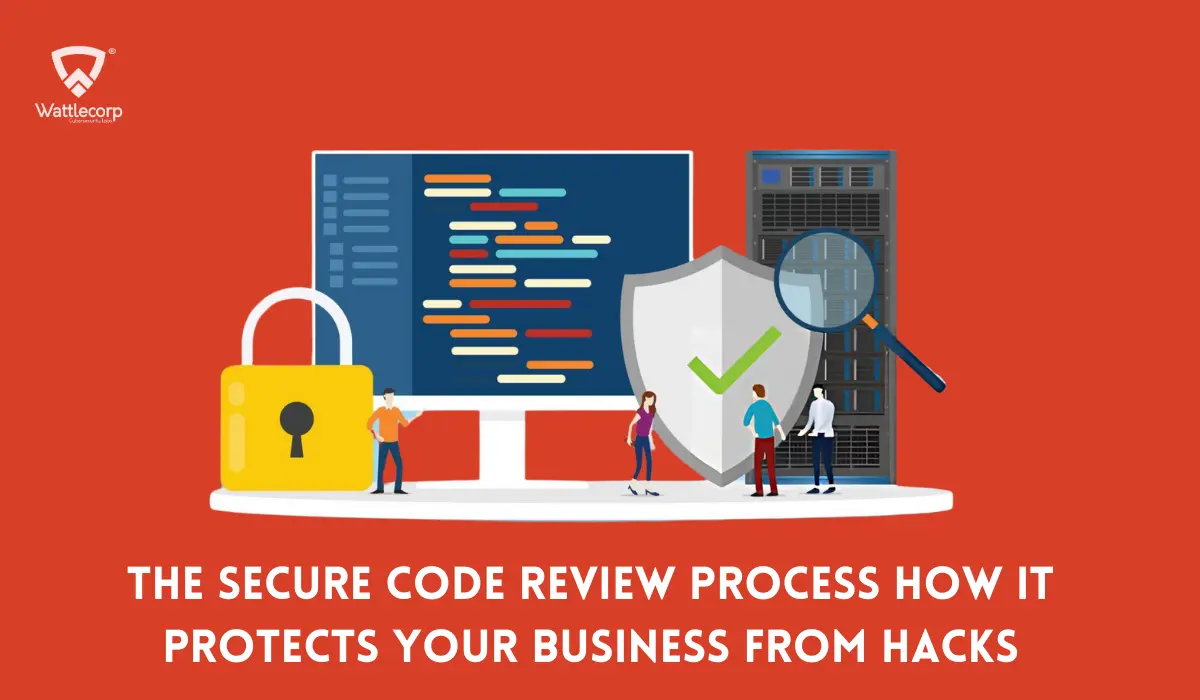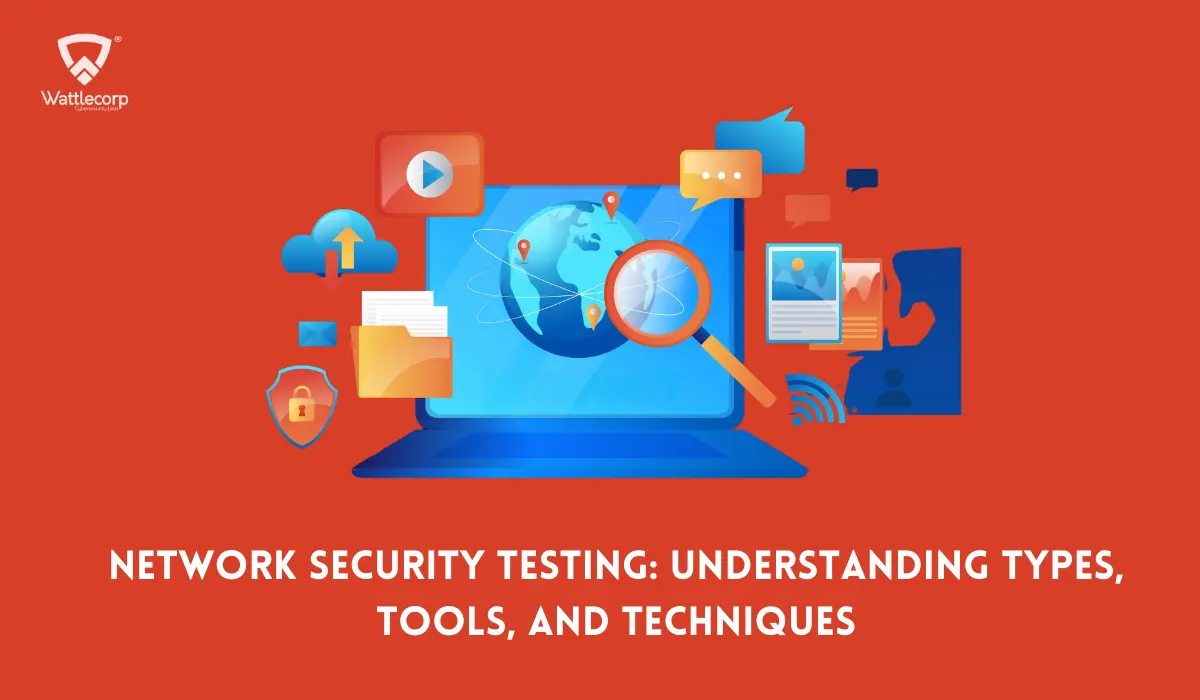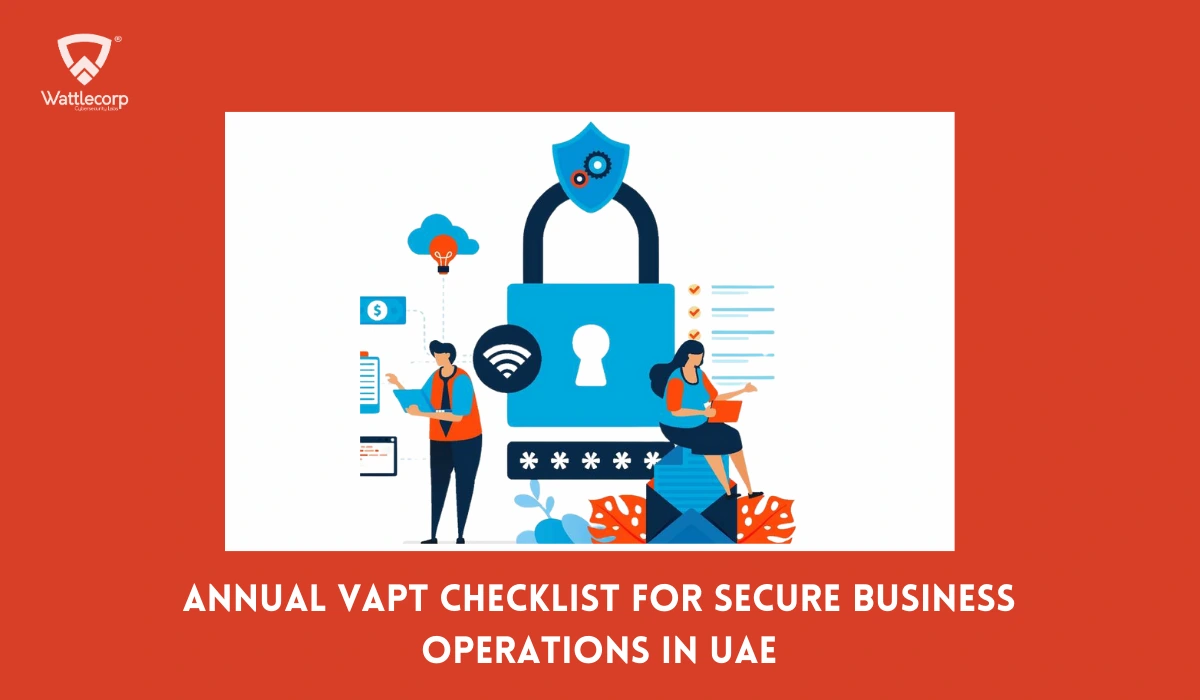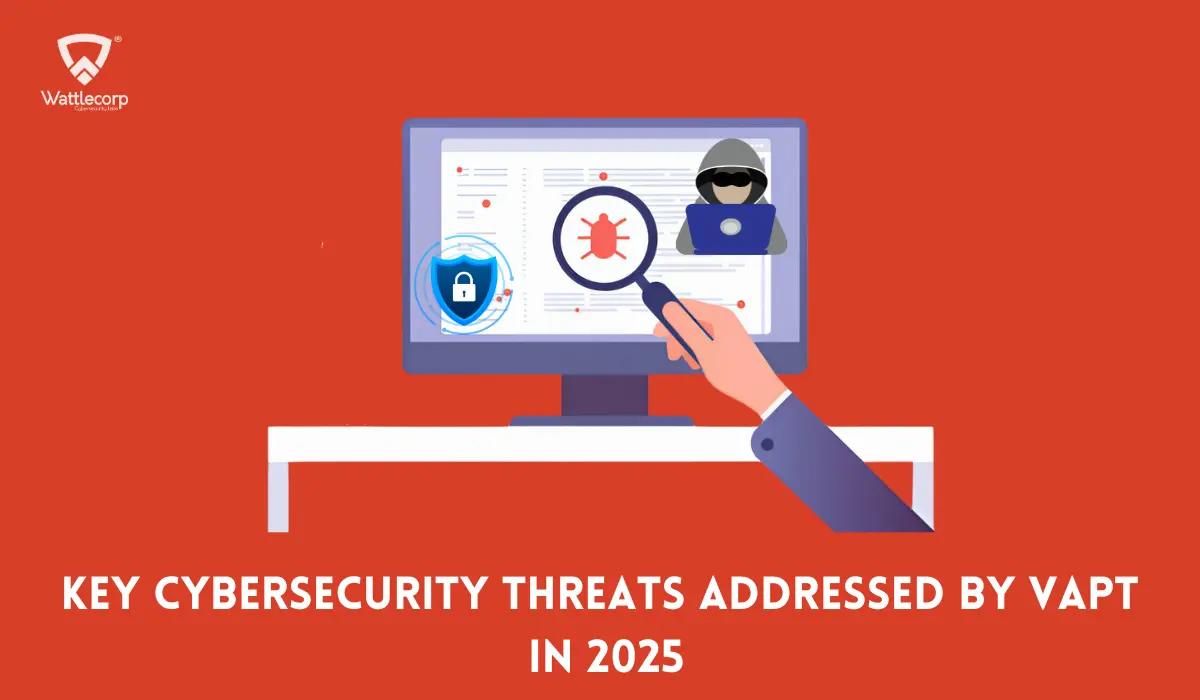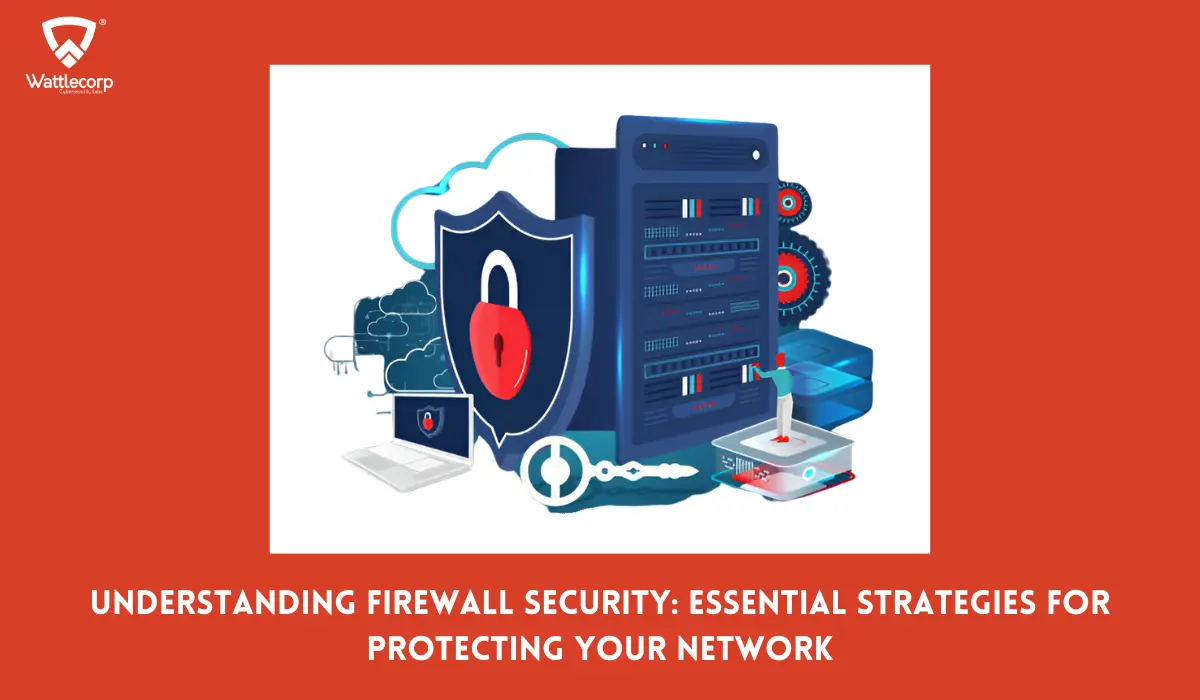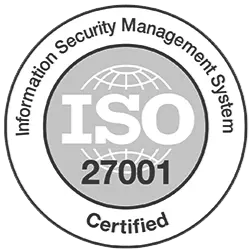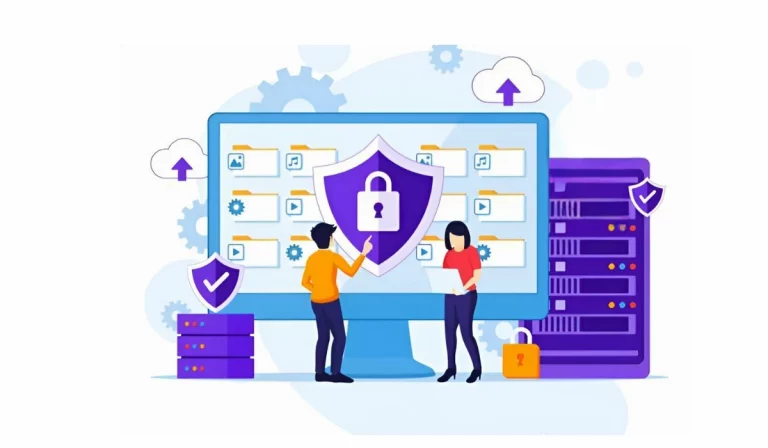As cyber threats increase in frequency and sophistication, it has become critical for organizations to ensure robust network security and data protection. A breach can cost an organization in many ways: loss of reputation, financial loss, penalties, and legal action, unhappy customers, poor productivity, and so on. Most organizations have to adhere to data privacy and cybersecurity regulations, depending on their location.
Table of Contents
ToggleWhat is Cybersecurity, or Information security?
These are the measures taken to protect a network against cyberattacks. With a robust policy in place, you can safeguard sensitive information, preventing it from being accessed by malicious entities.
Phishing, ransomware, malware code injection, etc. are the most common types of cyberattacks.
What is Data Privacy?
Data privacy refers to how a consumer understands their rights about the manner of collection, use, storage, and sharing of their personal and sensitive information. It can be said that information security deals with data handling with regard to consumer consent, regulatory concerns, sensitivity, etc. It’s important to explain how personal data will be used by consumers simply and transparently and to get their consent before sharing their information.
Worldwide Data Privacy and Cyber Laws
There are several cybersecurity and data privacy regulations all over the world with regard to cybersecurity and data privacy. Let’s see the most important ones:
GDPR
The EU released the GDPR, or General Data Protection Regulation, in 2001 to reflect new technology, and is one of the most important cybersecurity and data protection laws globally. Organizations that collect and handle personal data are required to ensure that individual’s rights to data privacy are protected.
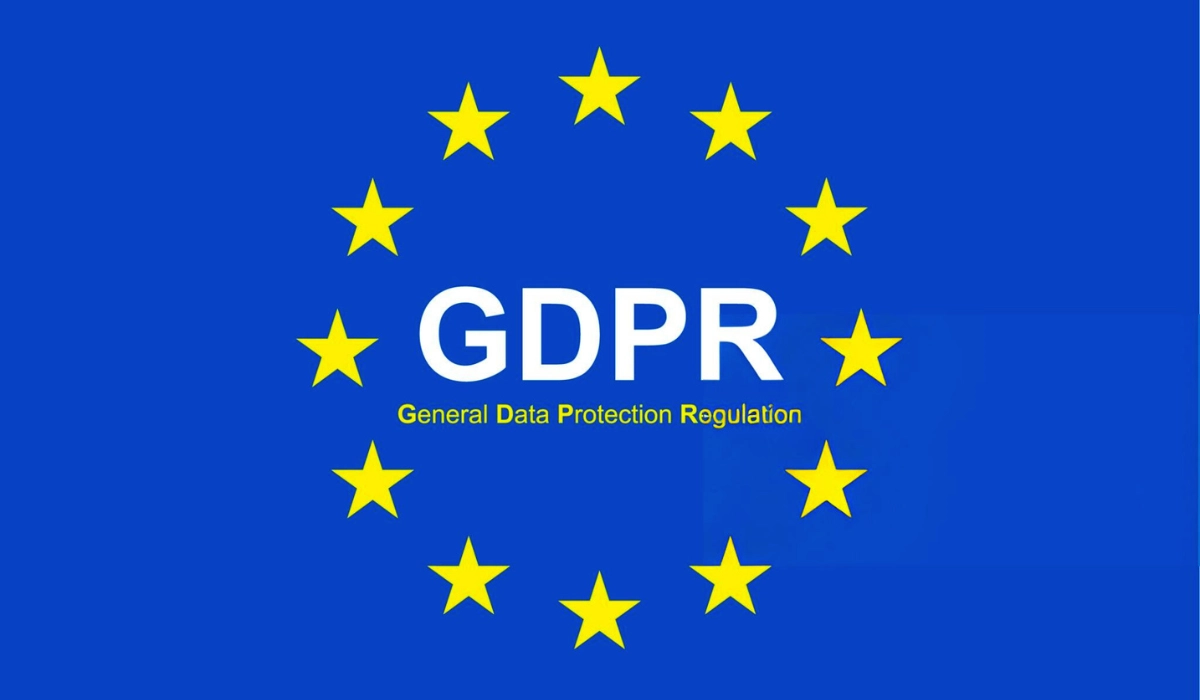
The regulation is applicable to the data of EU citizens, regardless of whether the entity handling the data is located in the EU or not.
California Consumer Privacy Act
The California Consumer Privacy Act confers several rights to the residents of the US State of California, like the right to get information regarding the kind of personal data companies collect, the reason for collecting it, etc. The CCPA also empowers California residents to do the following:
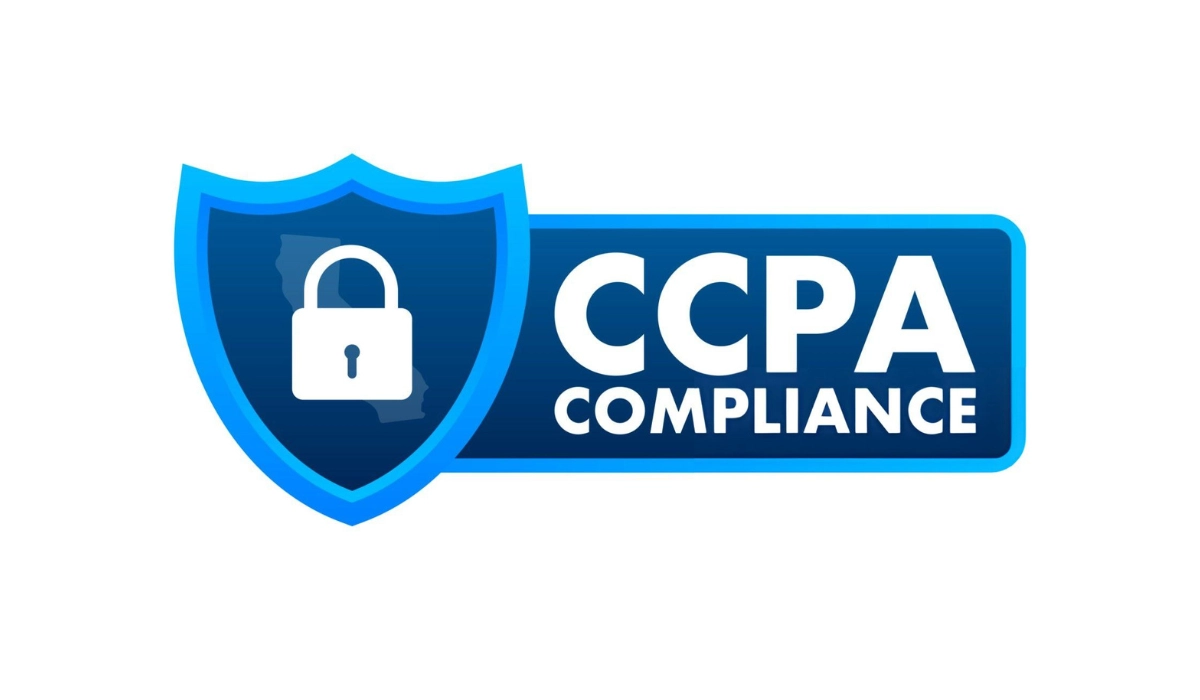
- Access their personal information in a format that’s easy to use
- Decline to permit their information to be sold
- Request that their personal information collected by an organization be deleted
While the law is relevant for residents of California, it also applies to businesses located outside, provided they meet certain criteria.
Payment Card Industry Data Security Standard
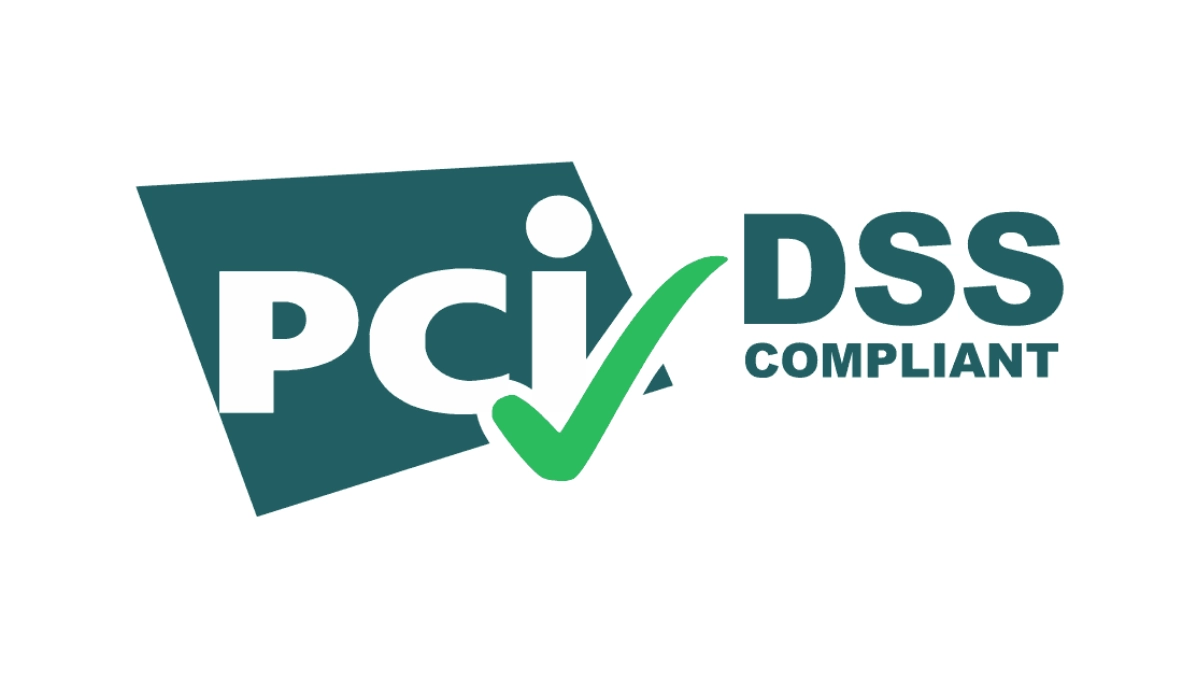
The PCI DSS was established by the payment card industry to safeguard cardholder data, which is sensitive information. Businesses that accept card payments are required to ensure encryption, network security,
and regular audits to prevent data breaches. Non-compliance can result in penalties.
Health Insurance Portability and Accountability Act
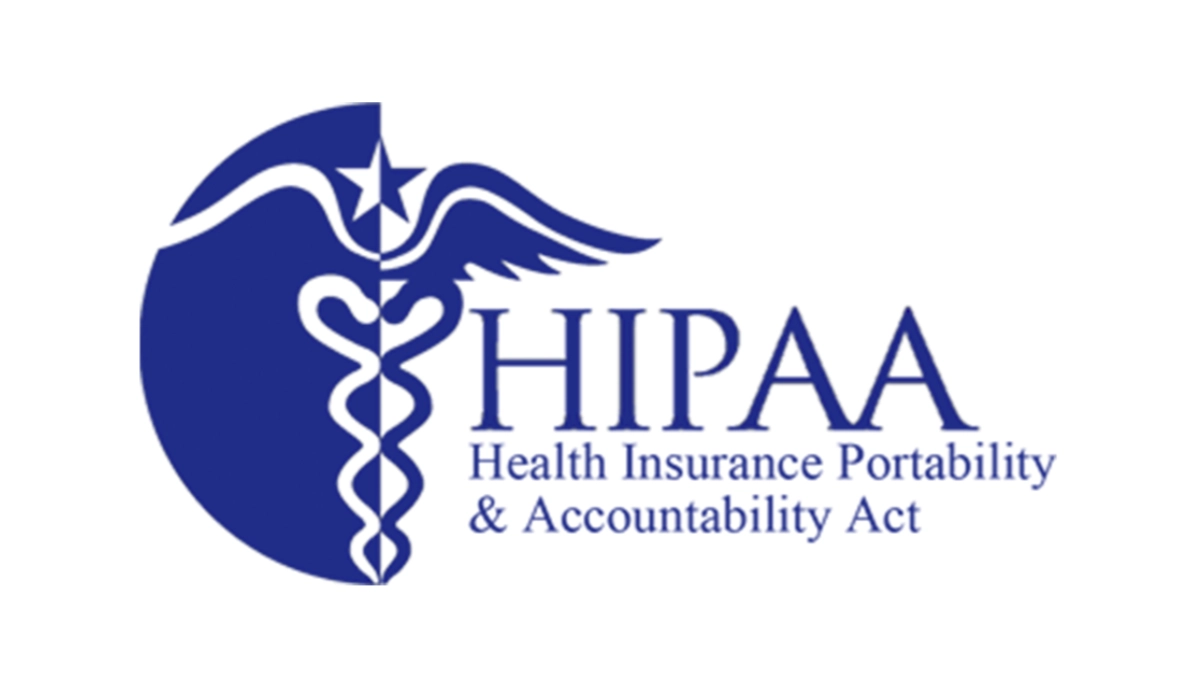
HIPAA Compliance was established in 1996 with the main aim of protecting patient information. It’s applicable to healthcare organizations, and they must implement measures to ensure the privacy and security of protected health information for patients or face criminal charges. Privacy rules, security rules, and breach notification are the critical components of HIPAA.
SAMA Cybersecurity Compliance
The SAMA Compliance was established by the Central Bank of Saudi Arabia to increase organizations’ cyber-resilience and mandate the implementation of global best practices with regard to data privacy and cybersecurity.

All financial institutions operating in KSA are subject to this regulation and the safeguards apply to physical and digital records of sensitive information about individuals.
Also Read : Sama Cyber Security Framework- A Detailed Guide
How and Where Do Data Privacy Regulations and Cybersecurity Overlap?
The main aim of both privacy laws and cybersecurity is to protect sensitive data from being misused or accessed without authorization. When strong cybersecurity measures are in place, data breaches and unauthorized access to sensitive information can be prevented, protecting the privacy of individuals.
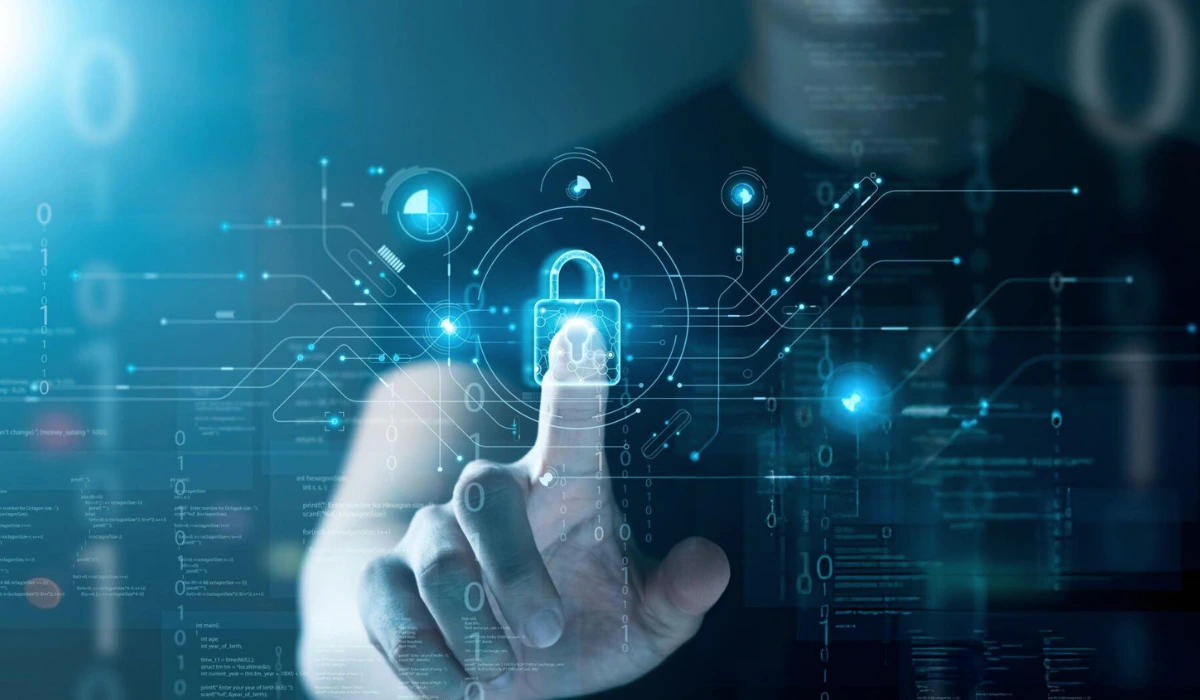
Data protection laws and privacy regulations mandate that organizations implement rigorous measures to safeguard the privacy rights of individuals and adhere to regulations.
What are the Challenges Faced at this Overlap?
As data privacy and information security intersect, organizations can face these problems:
Collecting and Retaining Data
Organizations have to balance the requirement of collecting and maintaining data for legitimate reasons without violating privacy rights of individuals. This personal information is often utilized to offer improved services, personalization, and better experiences for customers. Organizations have to ensure transparency in data collection practices and obtain consent from individuals for collecting and using their data.
Third-Party Risk
Quite often, businesses use the services of third-party vendors and service providers, and third-party data sharing can increase risks to privacy. Data breaches that happen at their end can also impact privacy, making it crucial for businesses to evaluate the cybersecurity of those third parties. They must take steps to ensure that the requisite security standards are implemented to protect sensitive data shared with them.
New Technologies
The fast pace of technological advancements also poses new challenges for privacy and cybersecurity, as most technologies churn out huge volumes of data. Tracking and managing information can become overwhelming, and organizations will have to find a way to ensure data privacy and effectively manage information.
Regulatory Compliance
Navigating GDPR, CCPA, SAMA, ADHICS, etc. can be a daunting task for organizations, and they have to plan and execute cybersecurity measures meticulously to ensure compliance with them.
Overcoming the Challenges
Privacy By Design In Cybersecurity
This refers to integrating privacy methods right into the design and build of systems and services so that you have security and adherence to regulations from the get-go. When privacy considerations are incorporated into all the phases of the lifecycle, privacy can be safeguarded more efficiently.
Thorough Risk Evaluation
To detect potential risks to cybersecurity and privacy, it is essential to conduct thorough risk assessments. Organizations must evaluate the type of data and its storage and processing, and identify potential threats. Suitable steps based on the evaluation must be put in place.
Plan Data Minimization and Retention
Data minimization refers to the collection of only the data that is strictly necessary for certain activities or purposes. Explicit data retention policies ensure that data is retained only for the specific period of time required, minimizing the risk of unauthorized access.
Employee Training and Awareness
It is essential to educate employees about industry best practices regarding data privacy and cybersecurity so that they don’t make mistakes that make your organization vulnerable to data breaches. Making your staff aware of their role in data protection and the possible consequences of improper data handling can help prevent insider threats.
How Can You Protect Your Company from a Cybersecurity Attack?
Every cyberattack tries to steal data, whether an individual’s or a company’s; the risk of such attacks is increasing every day. However, businesses are more aware than ever of the risk of data breaches and are focusing significantly on cybersecurity. Here’s how organizations can protect themselves:

Ensuring Data Safety
Access to data should be given to employees strictly on a need basis; they should only access the information that is necessary for them to discharge their duties, and they should delete or properly archive the information once the purpose is over. This includes data on the computer as well as paper copies. Old data must be deleted or archived according to prevailing laws and company policy, as breaches can result in penalties and legal action.
Password Protection Program
Make it mandatory for employees to use strong passwords for all sites they access every day, and ensure that the passwords are not written down or shared so that nobody else can access them. This can help protect your organization from a data breach.
Update Security Software
It is absolutely essential to implement firewalls, and software like anti-virus and anti-spyware to ensure that hackers cannot access sensitive information. Make sure that the software is updated regularly to prevent vulnerabilities and include the latest fixes.
Employee Training
It is absolutely essential that employees are trained and made aware of the importance of data security, and the methods used to achieve it. Physical and digital records must be protected at any point in time, and confidential information related to employees, customers, other stakeholders, and corporate affairs should be secured.
Data Encryption
All data must be properly encrypted, whether it’s on a server, company computer, or personal device. The methods include locking personal phones, tablets, laptops, strong login credentials, etc.
We have seen how essential it is to have robust cybersecurity controls in place to protect sensitive information, but doing all of it by yourself can be overwhelming. If you are concerned about how to achieve data privacy compliances, just contact us. The compliance and data security experts at Wattlecorp will help you achieve it. you can consider Data Privacy Consulting Services in India to navigate complex regulations and implement robust privacy practices.
Frequently Asked Questions
A: While Data Privacy has to do with rules and personal choices regarding who can access your information and to what extent, cybersecurity focuses on preventing and safeguarding threats like online scams, malware, hacking, etc. When you have good cybersecurity, your data is safe as your systems cannot be breached, thereby supporting compliance with privacy regulations.
When an organization does not adhere to privacy laws, malicious entities can access and damage sensitive information and use that information to cause further damage to those individuals by defrauding them, etc. It can negatively impact the reputation of the organization and make it vulnerable to legal action, punitive fines, and more.
No, it is not possible to safeguard data without implementing robust cybersecurity measures in place.
